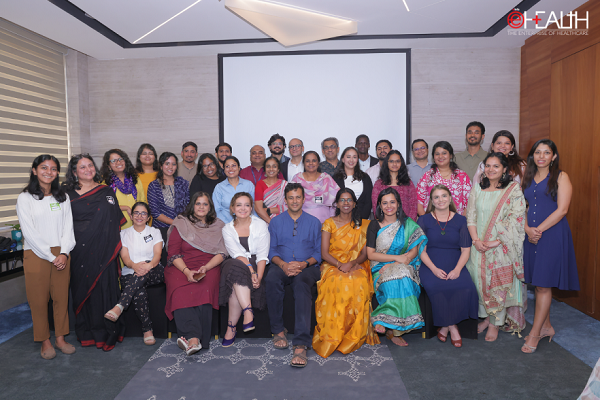
In a unique initiative, the One Health Trust, known for its pioneering research in global health challenges, spearheaded a two-day workshop in Bangalore, delving into the intricate interplay between climate change, caste discrimination, and gender inequality in exacerbating the challenge of antimicrobial resistance (AMR). Funded by the esteemed World Health Organization and the British Academy, the event brought together a consortium of scholars specializing in climate science, gender studies, caste dynamics, and drug resistance.
The workshop underscored the critical urgency of addressing AMR, wherein pathogens adapt to resist conventional treatments, resulting in heightened severity of illnesses and increased mortality rates. With human activities, particularly the misuse and overuse of antibiotics, driving the emergence and spread of drug-resistant infections, the need for inclusive policy recommendations has never been more pressing.

India, with its alarming rates of drug-resistant infections, served as a poignant case study. The workshop shed light on the disproportionate impact of AMR on marginalized communities, particularly women and lower castes. Women, affected by biological factors such as childbirth and menstruation, face heightened vulnerability to infections. Moreover, gender inequities and sociocultural biases further compound their risk, limiting their access to quality healthcare and essential antibiotics.
Dr. Deepshikha Batheja, Economist and Research Fellow at the One Health Trust, emphasized, “Gender inequities when combined with other power hierarchies, such as caste, can cause differences in vulnerability to drug-resistant infections among different genders and social groups. Climate change further amplifies existing gender-based inequities in health, antimicrobial usage, and resistance.”
The workshop participants, representing diverse fields of expertise, collaborated to develop strategies integrating gender, caste, and climate considerations into healthcare, environmental, and labor policies. Emphasizing the importance of cross-disciplinary collaboration, the experts advocated for inclusive approaches in clinical trials, prescribing guidelines, access to hygiene essentials, and educational initiatives to combat stigma surrounding gynecological and sexually transmitted diseases.

The workshop’s insights serve as a clarion call for concerted efforts to address the multifaceted dimensions of AMR, underscoring the imperative of inclusive policies to safeguard public health in a rapidly changing world.
Be a part of Elets Collaborative Initiatives. Join Us for Upcoming Events and explore business opportunities. Like us on Facebook , connect with us on LinkedIn and follow us on Twitter , Instagram.












